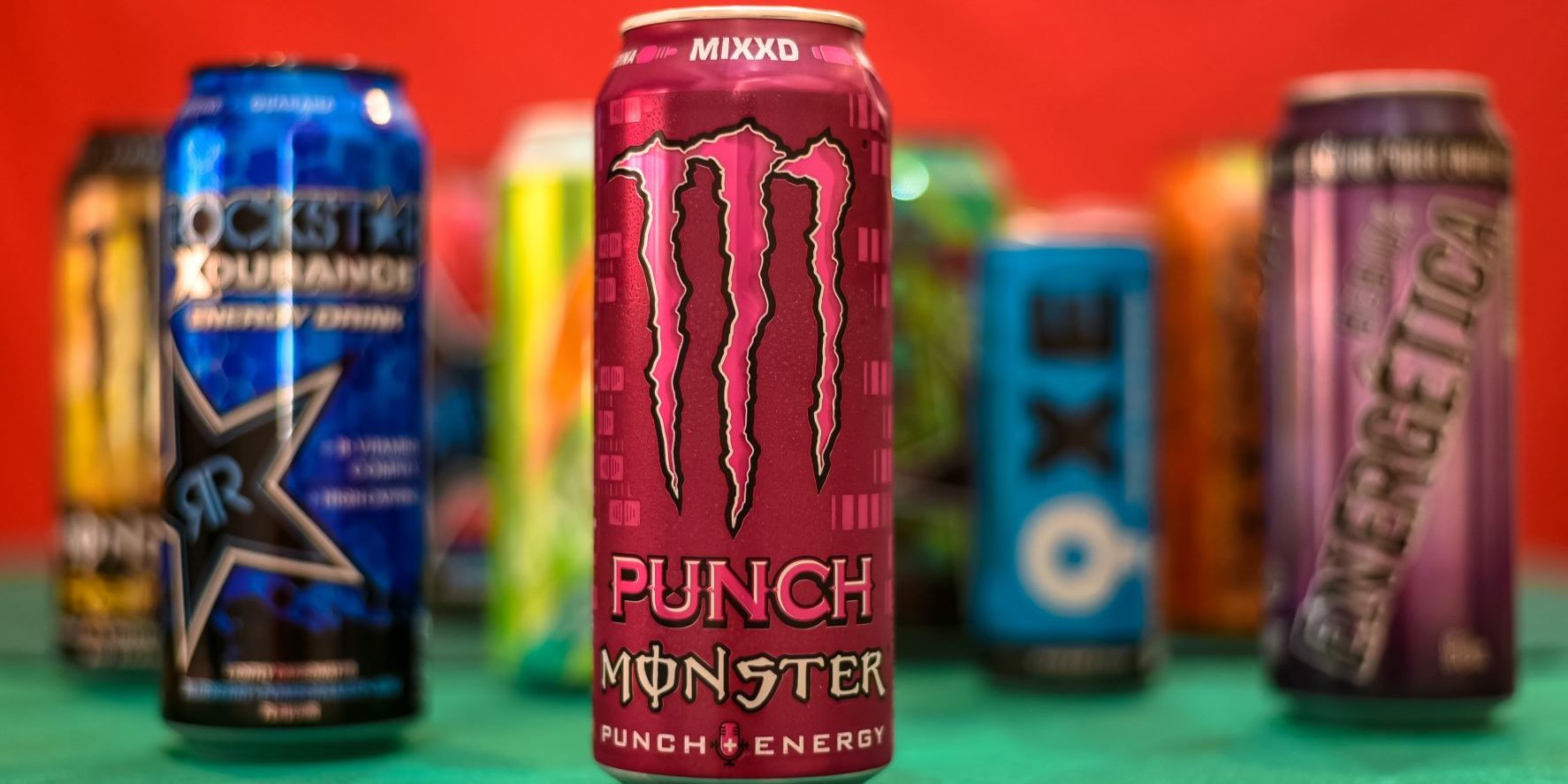Everyone has had those days: You’re feeling exhausted but have to work or have other obligations like shuttling the kids around to soccer practice or a day at the waterslide park. You desperately need a pick-me-up to get you through the day. If you’re like many people, you may reach for a Red Bull or Monster energy drink for that extra bit of zing.
But before you choose to drink one, make sure you understand the risks of these high-caffeine beverages. Researchers at the World Health Organization conducted an extensive study of energy drinks and discovered troubling findings. Another study, published in the Journal of the American Heart Association, found that energy drinks also impact the heart’s electrical pattern, which can be dangerous or even fatal. And there have been documented cases of teens drinking too many and having heart attacks or suffering heart palpitations.
Energy drinks are usually a non-alcoholic beverage that contains caffeine, taurine (an amino acid) and vitamins, in addition to other ingredients. Some energy drinks contain more than 350 mg. per can or shot, compared to 100 mg. in an 8 oz. cup of coffee. They are often marketed as stimulants that can improve your performance, brain function and give you an energy boost.
The WHO study found the following:
Potential immediate risks
- Heart palpitations
- High blood pressure
- Nausea and vomiting
- Convulsions
- Heart attacks
- Trouble sleeping
- Death in some cases.
Long-term consumption can lead to:
- Type 2 diabetes, because high consumption of caffeine reduces insulin sensitivity.
- Late miscarriages, low birth weight and stillbirths in pregnant women.
- Neurological and cardiovascular system damage in children and adolescents.
Advice: The key to drinking energy drinks is to do so in moderation, doctors say. For students cramming overnight for an exam, having one energy drink is usually okay as it’s akin to downing a few cups of coffee.








